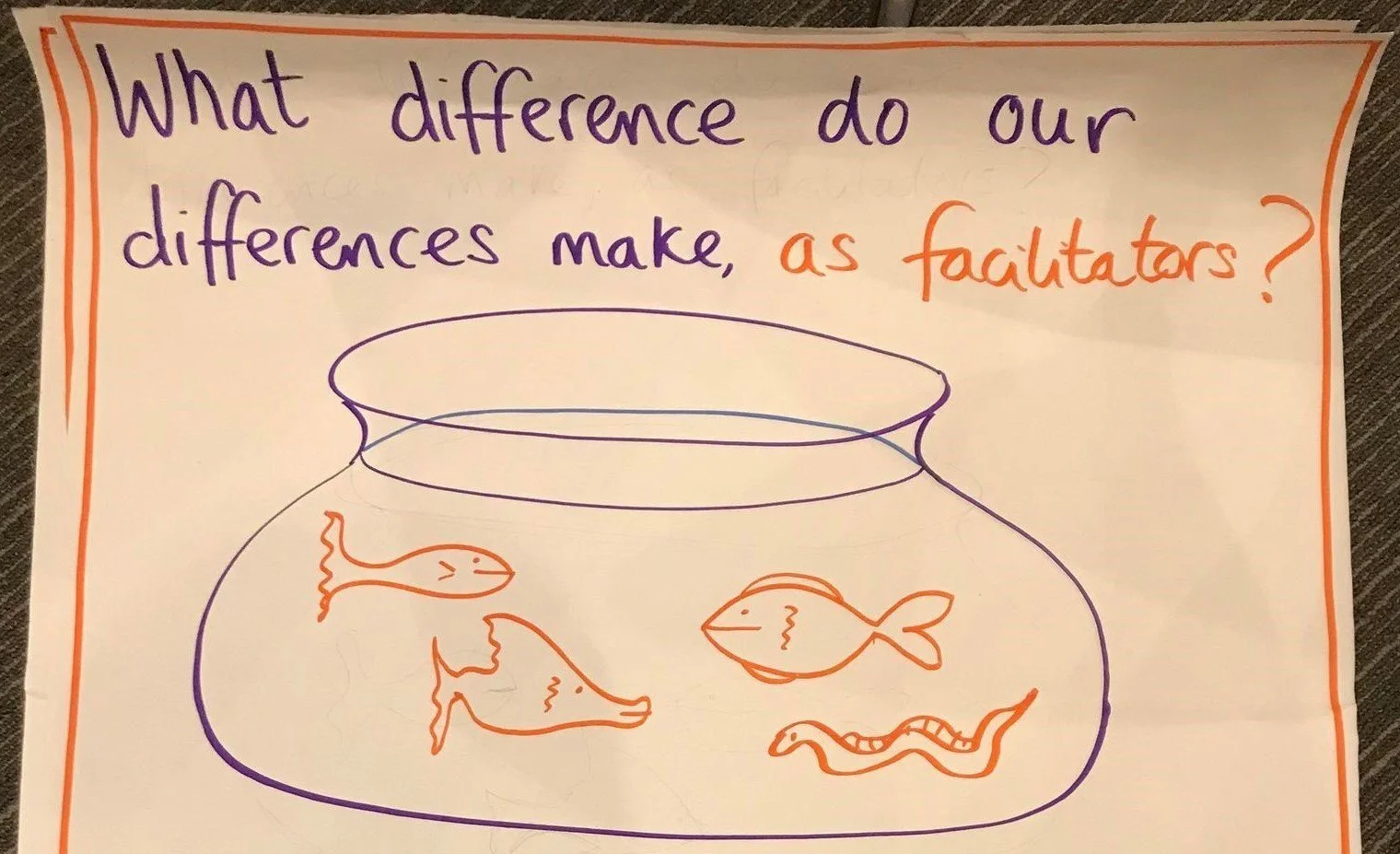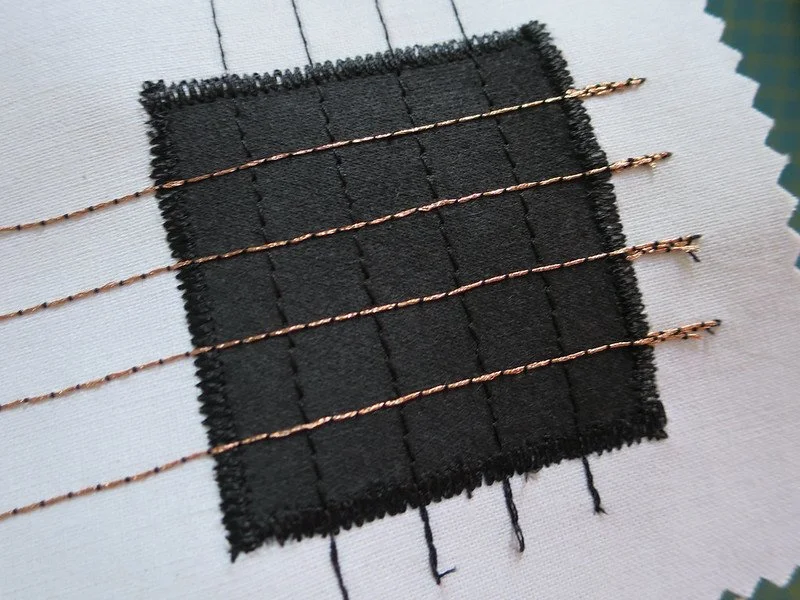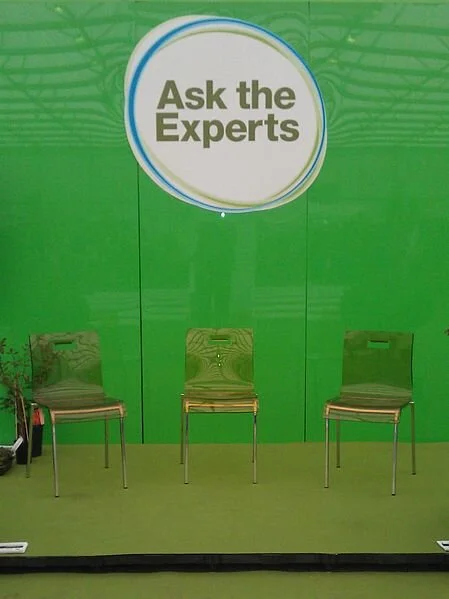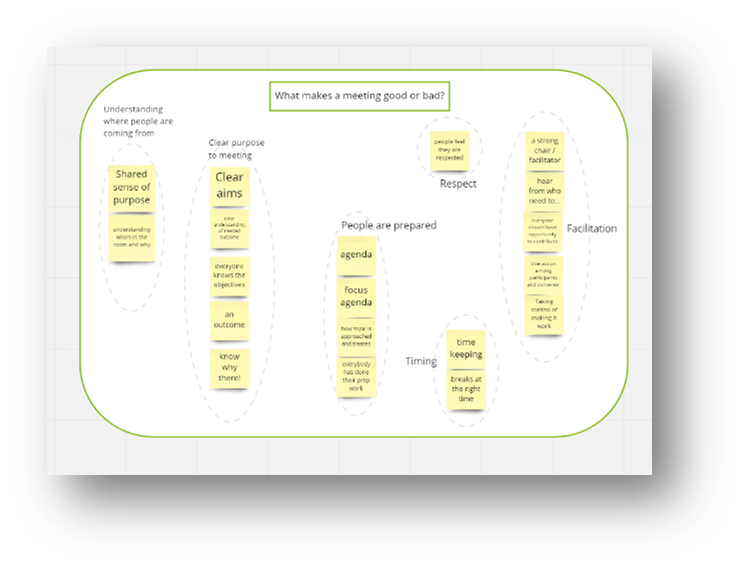I love it when a new piece of work comes in: the excitement of getting to know a new client and group, the creativity in designing a workshop which will fit the ambition and the constraints, deciding what kit to pack… And then there’s the worry and even bad dreams about the many ways it might go wrong, fall flat, peter out, end in chaos and disappointment.
A recent assignment involved a four-day hybrid multi-lingual, multi-time zone workshop based around an organisational assessment survey tool of some 80+ questions. There were many, many ways in which this might go wrong. Amongst our concerns was energy - of the group, and of the four-person facilitation team. As someone asked when I posted about it on LinkedIn, how did we survive and maintain energy?!
Well, we didn’t just survive, we thrived. But it took planning, prep and a willingness to press pause. Let me tell you more.
In the fish bowl
What would you say if you knew the usual suspects wouldn't interrupt you? What would you hear, if you could be a fly-on-the-wall during an open, honest conversation about something difficult? This is the premise of the 'fishbowl' technique, and I ran one at the IAF England & Wales Conference earlier this year. What happened?
Phases of development, inspired by the Olympics
Three reframing strategies
Ever had one of those days? The dog’s been sick, there’s a mystery leak dripping through the kitchen ceiling, and just as you’re finally leaving home you discover your bike’s got a flat tyre.
Or, your beautiful project gets trashed by trolls on twitter, half the finances fall through, and your boss or client suddenly wants twice as much output in time for their end-of-year performance review.
Bad days will happen, even to the best of us. We’ll deal with them better if we have some resilience strategies up our sleeves.
Here are three ways to pick yourself up and show the day who’s boss. Read more…
Troika consulting
I explained my dilemma to the other two people in my ‘troika’ group, and then turned my back. For the next few minutes, they discussed the problem as if I wasn’t there. I heard empathy, I heard honesty. They were free to talk to each other about what I’d said without worrying about me becoming defensive, or correcting them. They also said what they’d intuited about what I’d not said. It was liberating for us all.
Signalling roles when you're facilitating
"...and if there's any more [questions or feedback], please come and see one of us in the green t-shirts". How do we make it as easy as possible for participants - and the rest of the facilitation team - to spot us in a crowd?
Farmers who have been taking part in pilots for the new Sustainable Farming Incentive system came together to give feedback to the Defra team. This was a classic consultation event: no decisions were being made in the room. Instead, the client organisation wanted to harvest as much detail about what's working and what's not. So there were facilitators on every table and lots of worksheets for people to record their feedback on. The 'green t-shirts' are referenced at 5.15 on this video. Well done to the team from Sheffield University who ran these pilot learning events.
Inviting feelings into the conversation
We work together better when we trust each other, relaxing our guard and being more honest about what's getting in the way and what's energising us. Letting people know that they are welcome however they feel - the good, the bad and the meh - is a powerful way to get there faster. Here are three ways of inviting people to bring their feelings to the conversation.
12+ insights about hybrid meetings on a shoestring
ORID
Here is a summary of the ORID focused conversation method, as described in Change Management for Sustainable Development.
A matrix to have up your sleeve
Don't settle for false consensus
Experts in deliberation
One of the distinguishing features of deliberative processes (e.g. Citizens' Juries, Citizens' Assemblies and other similar dialogue processes where the participants are 'mini publics') is the use of 'experts'. Who chooses them? What role do they play? If you haven't had enough of experts, read on...
Using pen portraits and fictional situations
What would Dumbledore do? 10 ways to spice up your brainstorms
When you need to help people get their creative juices flowing, free up their imagination and come up with ideas in quantity rather than being silenced by the need for quality... a brainstorm is the go-to technique. But sometimes the ideas stop, especially in a virtual meeting. Here are ten ways to get things moving again.
Losing the 'mute' button
Meta plan or sticky note brainstorm - exploring a classic facilitation technique
When a facilitator invites a group to write multiple answers to an open question, put each one on a separate sticky-note and post them on a real or virtual wall, it's the first step in a classic technique called 'meta planning' (other names are available). So far, so good. But why do we do this and what happens next?
"You have no authority here, Jackie Weaver!" Where does 'authority' come from, in meetings?
The UK has been captivated in last few days by a viral video of highlights from a meeting of Handforth Parish Council, and Jackie Weaver has become something of a hero: the 'grown up' in the room. One participant in the Zoom meeting declared "you have no authority here Jackie Weaver!" shortly before being removed from the meeting. Where does 'authority' in a meeting come from?
Some ground rules for building trust
I’ve been working with a group of people from many different organisations who have been thrown into collaborating because of the pandemic.
They have achieved a lot, but when they took some time to reflect, they were able to see tensions which were exacerbated because they didn’t know each other very well and their ‘trust cushion’ was thin. So we experimented with some ground rules during a workshop session, all designed to help build trust.


















